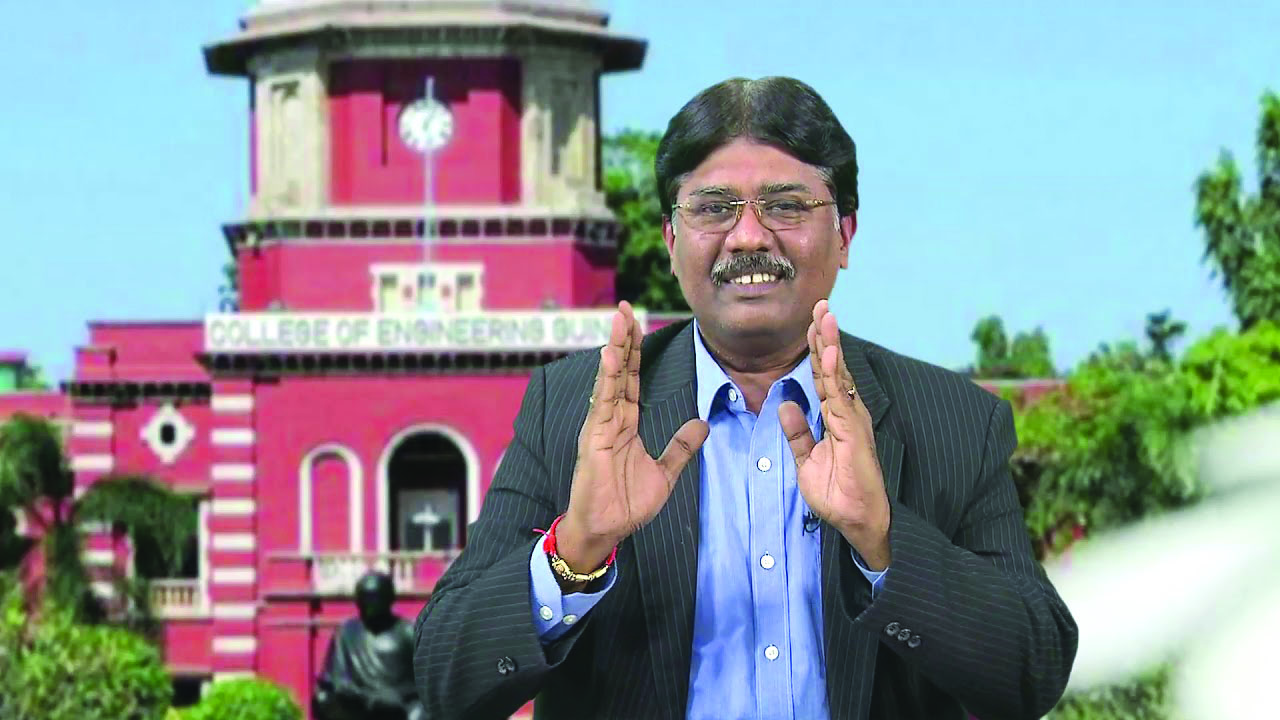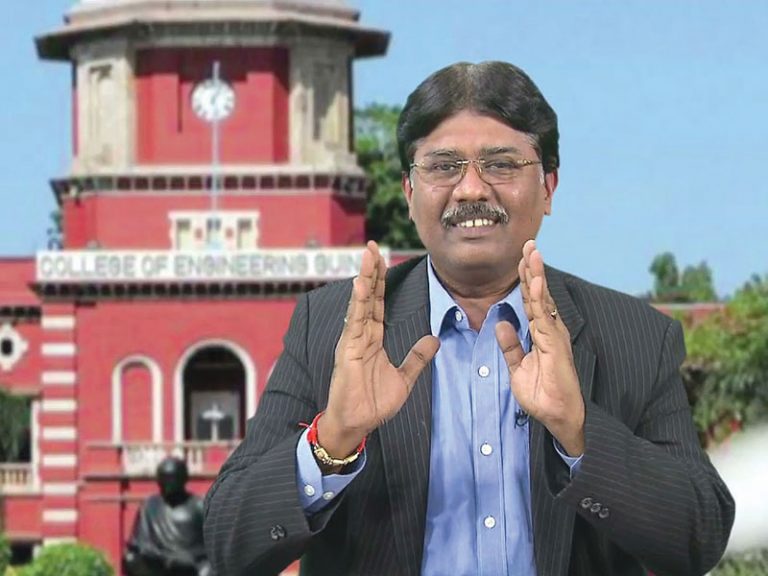Tamil Nadu: Stagnant enrolments
Shivani Chaturvedi (Chennai)
 Poor student enrolment in the constituent colleges of Chennai’s prestigious Anna University (AU) is causing anxiety within the management of Tamil Nadu’s show-piece state government university, one of India’s top engineering universities ranked in the 501-600 band worldwide by Times Higher Education and among the world’s Top 2,000 by US News & World Report.
Poor student enrolment in the constituent colleges of Chennai’s prestigious Anna University (AU) is causing anxiety within the management of Tamil Nadu’s show-piece state government university, one of India’s top engineering universities ranked in the 501-600 band worldwide by Times Higher Education and among the world’s Top 2,000 by US News & World Report.
In India as well AU has a big reputation and is regarded as only one step below the country’s IITs for engineering education. In the EducationWorld India Higher Education Rankings 2023-24 — which don’t rate and rank IITs & NITs — AU is ranked #2 countrywide after the venerable Indian Institute of Science, Bangalore (estb.1908). Therefore there’s growing concern that poor enrolment in some of its 571 affiliated undergrad engineering colleges is dragging down the reputation of the parent varsity. To deal with the problem, the varsity is reportedly contemplating revoking affiliation to 44 engineering colleges that have reported enrolment less than 10 percent of sanctioned student intake in the past two years. Of them, 13 are in Chennai, Kancheepuram and Tiruvallur.
The AU management has issued notices to 44 colleges asking them what steps they had taken to improved enrolment in 2023-24. “A team of experts will conduct inspections in these colleges to verify their data. If these colleges haven’t improved their enrolment in 2023-24, the university will withdraw affiliation for 2024-25,” says vice chancellor R. Velraj.
However according to B.V. Mudgal, former professor at the Centre for Water Resources at AU, the 10 percent enrolment bar is too low. If total enrolment is less than 50 percent of capacity, the college should be disaffiliated and should not be allowed to continue classes. “The decision to revoke affiliation is welcome because it will benefit students. Those who are already enrolled should be allowed to complete the course from the same institute or accommodated in nearby affiliated colleges. However, these colleges should not be permitted to take new admissions from the next academic year. There are many reasons for low enrolment. But the major reason is that enrolments in conventional branches of engineering such as civil and mechanical have become stagnant. Students who graduate in these specialisation are experiencing hard time securing employment. Computer science, data science, blockchain and AI programmes are the flavour of the season. Discontinuing the affiliation of such colleges may seem harsh but such pruning is required from time to time,” says Mudgal.
During two rounds of counseling held in July-August last year, 37 engineering colleges in Tamil Nadu failed to attract any new students. Out of the 440 colleges that participated, 208 were able to fill only 10 percent of their available capacity. These colleges survive by renting their premises for wedding receptions and film shoots which tend to disturb the studies of the few students on campus. In the circumstances there’s growing consensus that these colleges should be shut down. Academics opine that low enrolments limit networking opportunities, reduce diversity of perspectives in classrooms, and adversely affect the overall quality of students’ educational experience. Moreover, such colleges are likely to be poorly resourced in terms of infrastructure — labs, libraries, faculty — and churn out graduates under-prepared for industry workplaces.
“More than arts and science colleges, engineering colleges are experiencing greater difficulty in attracting students to traditional engineering programmes. And with the number of vacancies in the state’s engineering colleges increasing it is better to shut colleges where admission is less than 10 percent,” says A. Ramachandran, former director, climate change and research, Anna University.
According to Ramachandran, the on-the-ground situation may be worse than reported as some privately promoted colleges inflate their enrolment numbers to attract admissions. Although politicians at the Centre and in the states continue to trumpet that India is the world’s fastest growing economy, quite clearly the manufacturing sector which absorbs engineering graduates, is not growing fast enough. School-leavers who refuse to enroll in engineering colleges providing traditional mechanical, civil and electrical engineering programmes seem to know better than government.

















Add comment